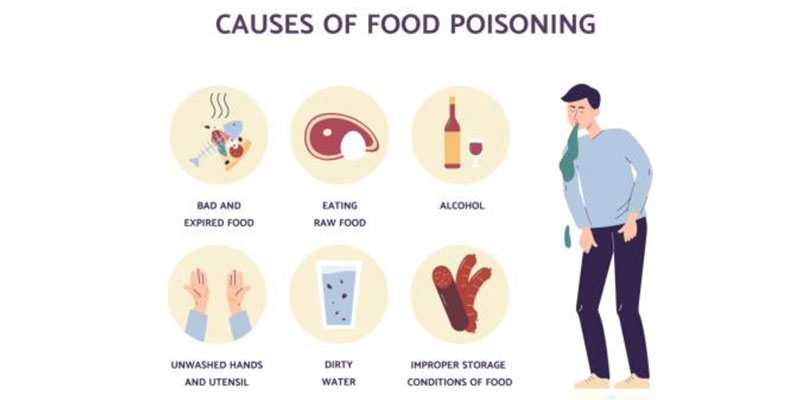Understanding and Supporting: What to Say to Someone Who's Depressed
Nov 04, 2023 By Madison Evans
Depression can be a lonely and isolating experience, often making it difficult for those suffering to ask for help or open up about their feelings. If someone you care about is struggling with depression, being there to listen and provide support can make all the difference when they need it most. Understanding what to say and do in this situation can feel overwhelming at first — this blog post is here to equip you with the right words of encouragement to offer your friend or family member who's depressed.
What Is Depression?
Depression is a mental health condition that affects millions of people around the world, regardless of age, race, or gender. While it is natural for people to feel sad or go through difficult times, depression is a persistent feeling that can significantly impact a person’s quality of life.
How Can We Help Those Who Suffer From It?
As a society, it’s important that we give support and help to those who suffer from depression. We can offer patience, understanding, and empathy, as well as encourage them to seek professional help and treatment, such as therapy or medication.
Acknowledge Their Feelings Without Passing Judgement:

Communication is a crucial part of any relationship, be it personal or professional. One of the key elements of good communication is being able to acknowledge someone's feelings without judging them. It is human nature to have different emotions and thoughts, and it is important to respect them. Being open and understanding towards someone's feelings can make all the difference in building a strong and healthy relationship.
When we refrain from passing judgement and offer a listening ear, we create a safe space for people to open up and share their concerns. This can be particularly valuable in professional settings, where building a trustful and respectful relationship with your clients or colleagues is essential.
Create a Safe Space for Open Conversation:
In a world where discussions can quickly turn into arguments and disagreements can turn into personal attacks, the need for safe spaces to have open conversations has never been greater. Creating a safe space means actively listening and respecting the opinions and experiences of others, even when they differ from our own.
It means creating an environment where everyone feels comfortable enough to share their thoughts and ask questions without fear of judgment or ridicule. A safe space can allow us to connect with others on a deeper level, learn more about each other's experiences and perspectives, and ultimately grow as individuals.
Listen Without Offering Solutions or Advice:
Listening without offering advice shows that we respect the speaker's thoughts and feelings, and that we value their ability to come to their own conclusions.
It can be a challenging habit to break, especially for those of us who take pride in being problem solvers. However, with practice, we can learn to be better listeners and create stronger, more meaningful connections with those around us.
Offer Practical Support Where Possible:
In a world where many struggle with daily challenges, offering practical support to those in need can make all the difference. Perhaps a friend is going through a tough time and just needs a kind word or a listening ear. Maybe a family member is faced with a difficult situation and could use some extra help around the house.
Whatever the case may be, offering practical support where possible can truly change someone's day. Even the smallest gesture, such as running an errand or cooking a meal, can have a huge impact.
Encourage Self-Care on Both Mental and Physical Levels:

With the fast-paced lifestyle that many of us live, it's easy to forget to take care of ourselves. However, it's crucial that we prioritize self-care on both mental and physical levels. Self-care doesn't have to be complicated or time-consuming, it can be as simple as taking 10 minutes to meditate or going for a walk outside.
It's important to check in with your mental health regularly and explore different ways to manage stress and anxiety. Physical exercise can benefit not only your physical health but also your mental well-being.
Conclusion:
Depression is a mental health disorder that affects many people. It’s essential that it is recognized and discussed openly because not doing so only further stigmatizes sufferers. Knowing how to help a loved one with depression is important, but it should be done thoughtfully and with respect. Acknowledging their feelings and emotions is the first step, followed by offering support and advice that won’t make them feel judged or disrespected. Providing practical options for care can also be beneficial.







